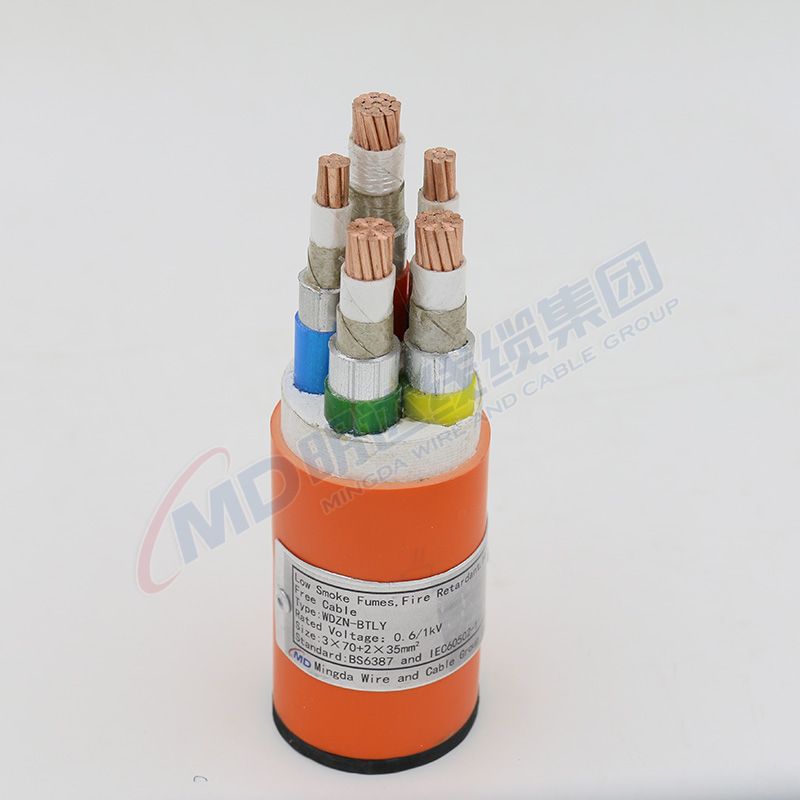វិច្ឆិកា . 17, 2024 17:20 Back to list
industrial ball valve
Industrial Ball Valves An Essential Component in Fluid Control
In the landscape of industrial processes, the need for efficient and reliable fluid control mechanisms cannot be overstated. Among various types of valves, the industrial ball valve stands out as a prominent choice for many applications. Engineered to provide tight sealing and minimal flow resistance, ball valves are a fundamental component in a wide range of industries, including oil and gas, water treatment, pharmaceuticals, and beyond.
What is an Industrial Ball Valve?
A ball valve is a type of quarter-turn valve that uses a hollow, perforated, and pivoting ball—known as the ball—to control fluid flow. The ball is mounted on a rotating shaft, and when the valve is turned, the ball either allows flow through the valve or blocks it entirely. This straightforward mechanism makes ball valves highly effective in regulating the movement of liquids, gases, and slurries.
Design and Features
Ball valves are designed with a few key features that make them particularly advantageous for industrial applications. One of their most notable characteristics is their ability to provide a tight seal. When the valve is in the closed position, the ball is pressed against the seat of the valve, preventing any leakage. This tight sealing capability is crucial in applications where even a minor leak could result in significant losses or safety hazards.
Another important feature is the flow coefficient (Cv) of ball valves, which indicates the valve's ability to allow fluid to pass through. Due to their design, ball valves usually have a high Cv value, resulting in minimal pressure drop across the valve when it is open. This efficiency contributes to reduced energy consumption in pumping systems.
Types of Industrial Ball Valves
There are several types of industrial ball valves, each tailored to specific needs
. The most common types include1. Floating Ball Valves In these valves, the ball is held in place by the compression of the valve seats. As the valve is closed, the ball is pushed against the seat, ensuring a tight seal.
industrial ball valve

2. Trunnion Ball Valves These valves feature a ball that is anchored by trunnions above and below it, allowing for better control in larger applications. Trunnion ball valves manage higher pressures and larger diameters, making them suitable for heavy-duty industrial use.
3. V-Port Ball Valves Designed for throttling, V-port ball valves have a V-shaped notch in the ball, allowing for finer control over flow rates. They are ideal for adjusting flow in processes where precise measurements are needed.
Applications of Industrial Ball Valves
The versatility of industrial ball valves allows them to be used in various applications. They are often found in facilities dealing with high-pressure and high-temperature processes, such as oil and gas extraction, chemical processing, and petrochemical industries. In water treatment plants, ball valves effectively control the flow of water, ensuring optimal treatment processes.
In the food and beverage sector, sanitary ball valves are used to maintain hygiene and prevent contamination, making them an essential component in production lines. Their ease of cleaning and ability to handle various substances without affecting taste or quality makes them ideal for such applications.
Maintenance and Longevity
One of the maintenance advantages of ball valves is their durability. Constructed from robust materials such as stainless steel, brass, or other alloys, industrial ball valves are designed to withstand harsh environmental conditions and resist corrosion. Regular inspections and basic maintenance practices, such as ensuring the valve is operated within its pressure and temperature ratings, can significantly extend the lifespan of these valves.
Conclusion
In summary, industrial ball valves play a crucial role in the efficient management of fluid systems across multiple sectors. Their design offers significant advantages in sealing, flow control, and operational efficiency. By understanding the various types and applications of industrial ball valves, businesses can make informed decisions when selecting the right valve for their specific needs, ultimately enhancing productivity and safety in their operations. As industries continue to evolve, the importance of reliable components like ball valves will remain paramount in achieving optimal performance.
Share